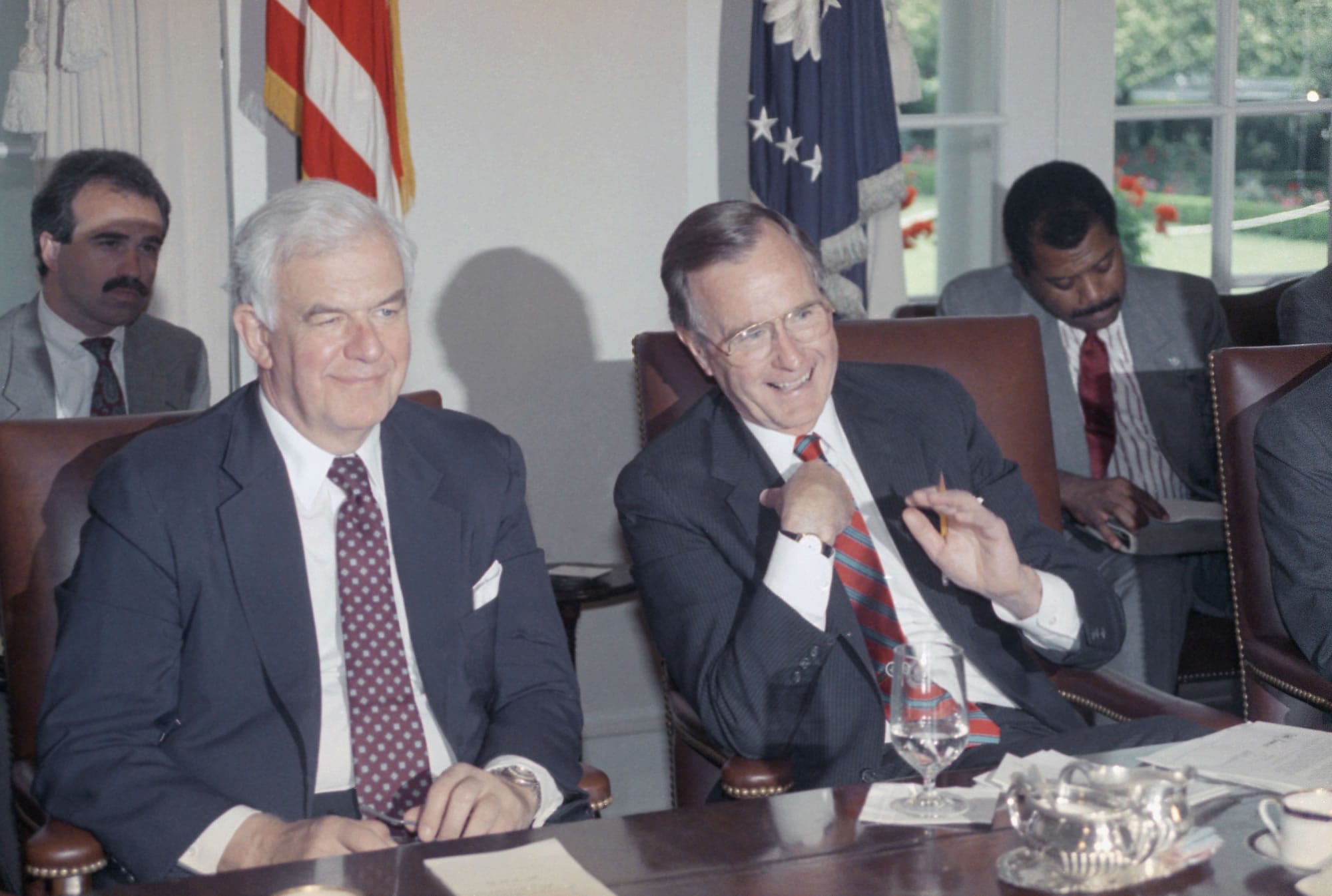Reaction to the death of ex-House Speaker Foley
OLYMPIA — State officials and others react to the death of former Speaker of the House Tom Foley:
“He dedicated his life to making his community, his state, and his country a better place. He did it by reaching across the aisle, by bringing people together, by finding common ground. A true statesman knows how to unite people around their mutual, shared interests, while still respecting the differences among individuals. That’s the example Tom set, and it’s something all public servants should strive to emulate.” — Washington state Gov. Jay Inslee, who served with Foley in the House from 1993 to 1994.
“Tom spent his life serving his state and his country, and his legacy is felt not only in Eastern Washington, but around the world. From his work to build new roads, protect public lands, and bring federal resources to Spokane, to his career as a statesman overseas, Tom touched the lives of everyone he encountered, whether it was a wheat farmer in Washington or a foreign dignitary in Japan.” — U.S. Sen. Patty Murray, D-Wash.
“Tom Foley will always be remembered as the King of Agriculture. He worked across the aisle to create the modern food stamp program, combatting hunger in America while broadening the agriculture market. Representing an agricultural district, Tom worked to make sure products grown in Washington state made it to dinner tables all around the world. He was a leader in opening Asian and other markets to Northwest wheat and cherries. And he worked with both President Carter and President Reagan to continue the Columbia Basin Irrigation Project that kept water flowing in Eastern Washington. As Tom said: ‘A strong agriculture economy is absolutely essential for a strong national economy.’ Today, those words still ring true.” — U.S. Sen. Maria Cantwell, D-Wash.



